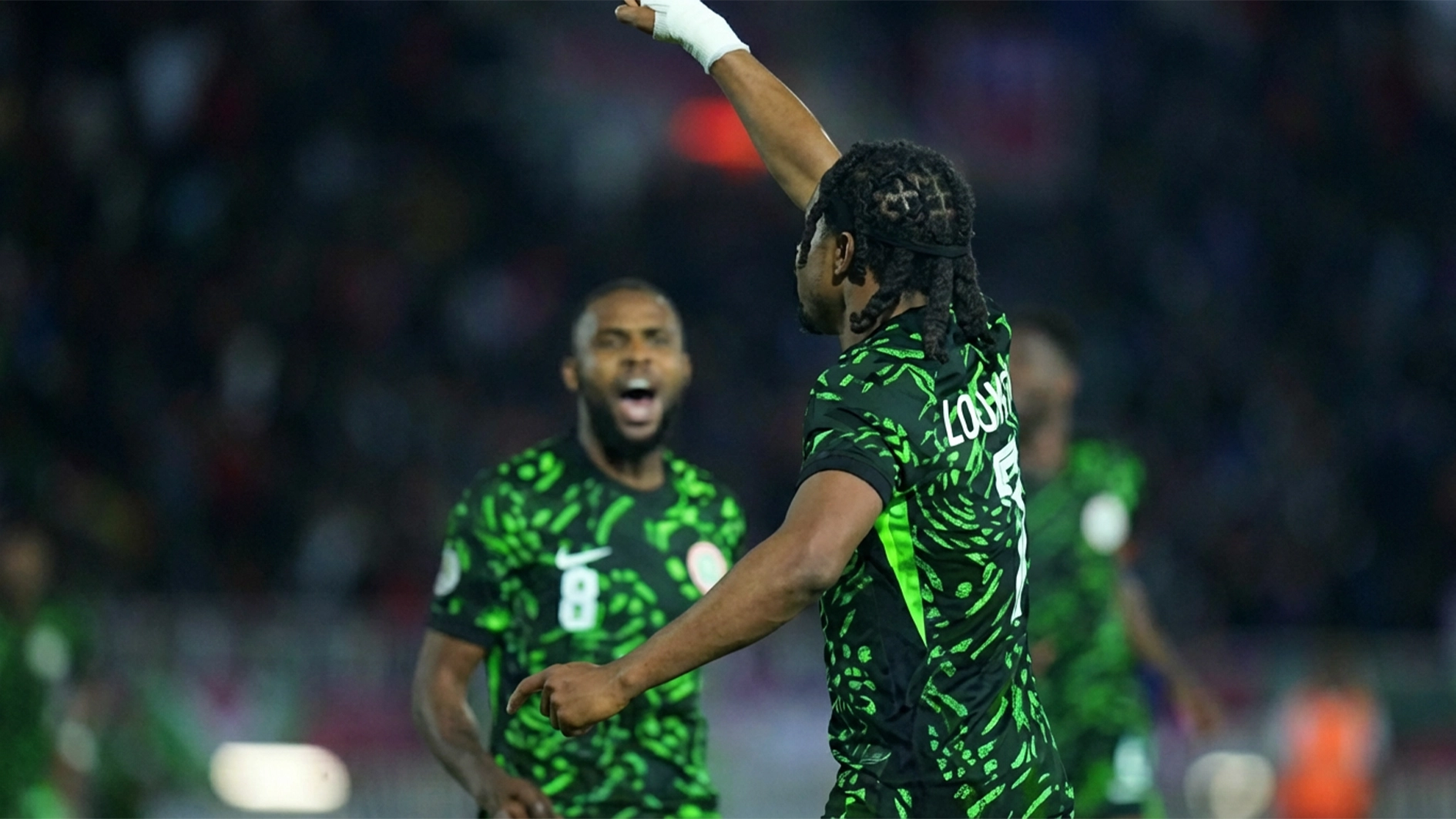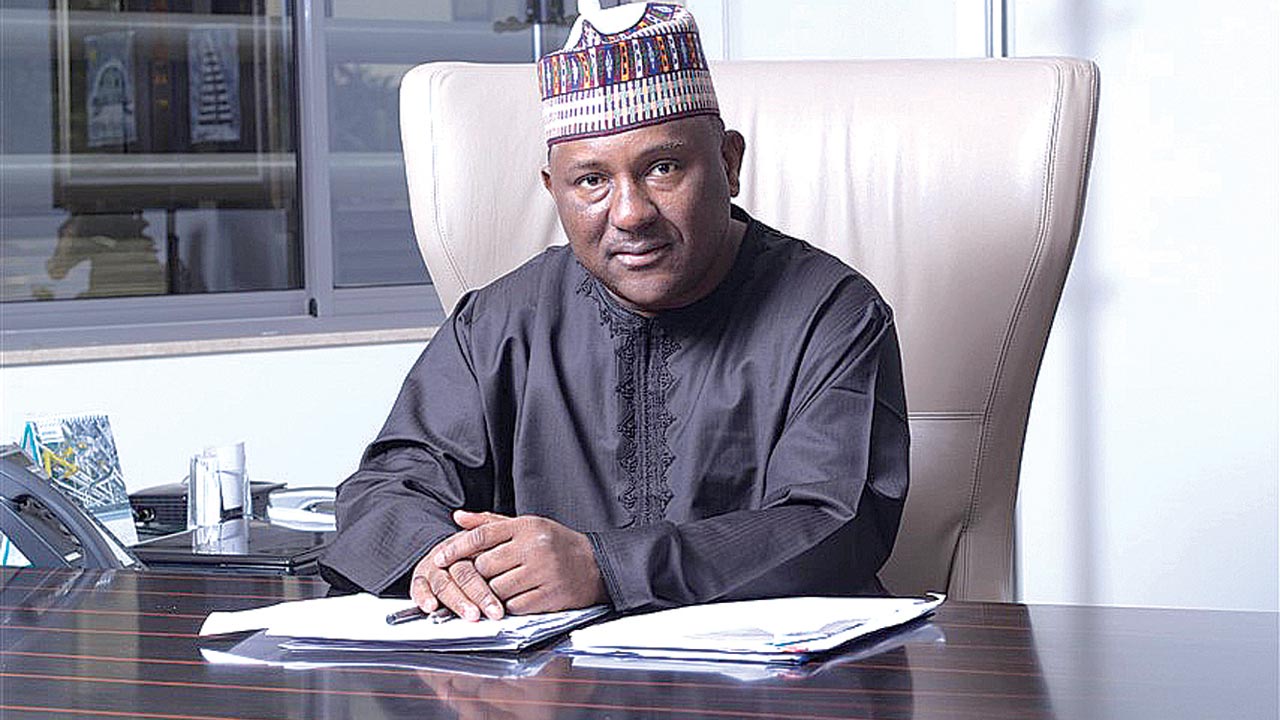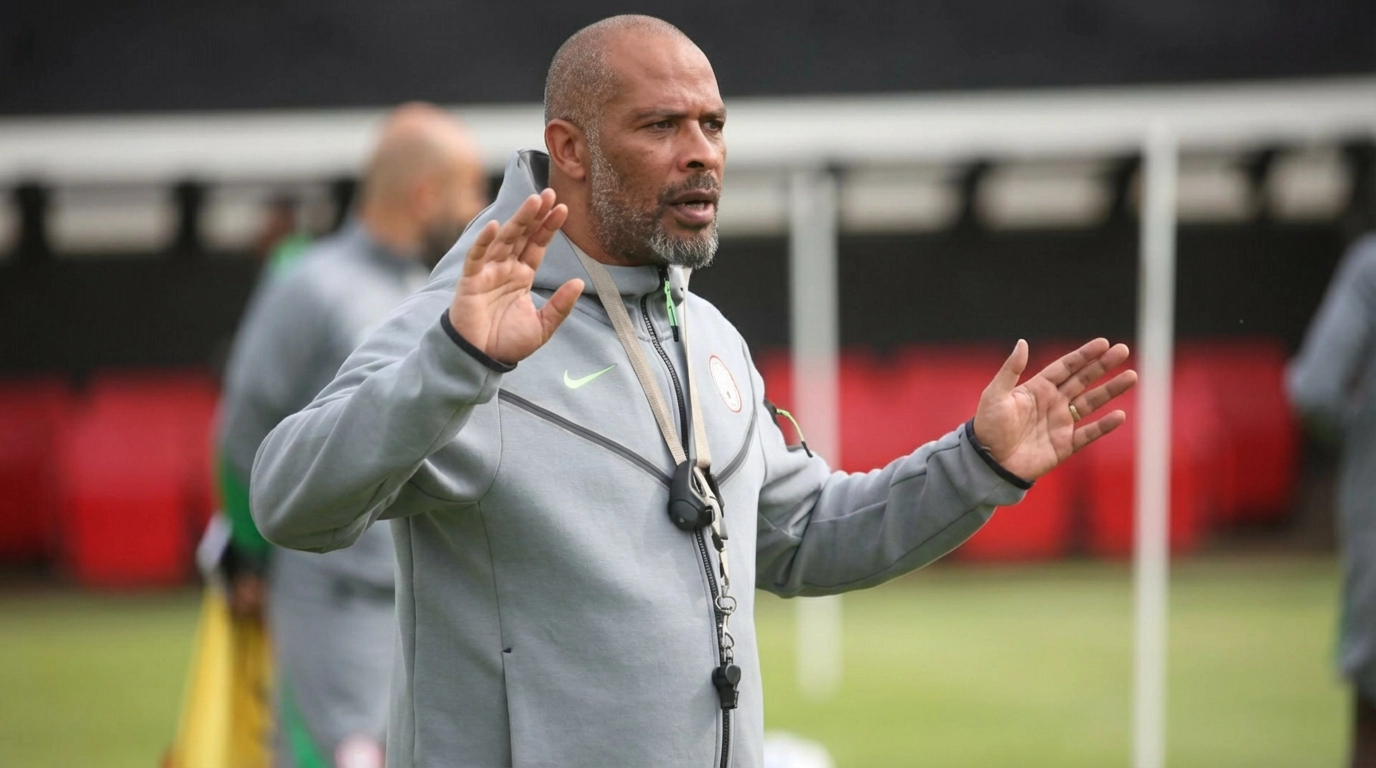Outgoing president of the Nigerian Wrestling Federation (NWF), Daniel Igali, has commended President Bola Tinubu for the recent rewards to the national women’s football team, Super Falcons and their basketball counterparts, D’Tigress, for winning their various continental championships.
Igali described such rewards as the elixir sportsmen and women need to push them into working harder to bring honours to the country.
He, however, pleaded with the president to extend such rewards to sports other than football and basketball, saying that setting such a standard would tell the country’s sports representatives that their efforts would not be in vain if they excelled while representing the nation.
The Federal Government, in the last two weeks, rewarded the Super Falcons and the D’Tigress with $100,000 each, a three-bedroom bungalow and the national honours for winning the African Women’s Cup of Nations and the women’s AfroBasket competitions respectively.
Members of their various technical crew also got $50,000 each, a three-bedroom bungalow and national awards.
In a letter to the president entitled, “Of Eagles, Falcons, and Forgotten Champions: A Plea for Balance in Nigeria’s Sporting Renaissance,” the Olympic and world champion said that his plea is aimed at driving a better and well-put-together recognition for athletes across all sports.
He added that the call became imperative after athletes in other sports felt neglected despite consistently winning laurels for the nation at international events without commensurate efforts from the country’s leadership
He described Tinubu’s recent gesture as a new dawn for Nigerian sports, citing the appointments of Shehu Dikko and
Bukola Olopade to lead the National Sports Commission as a sign that things are changing for the better.
He wrote: “In the waning days of July, as the sun kissed the African sky with its usual fervour, the Super Falcons of Nigeria, with grit and grace, soared to their tenth African crown. A historic feat, no doubt. And to the admiration—and perhaps the amazement—of many, President Bola Ahmed Tinubu, in a gesture laden with symbolism and generosity, unveiled a royal banquet of gratitude: $100,000 (over ₦150 million) for each player, three-bedroom apartments, and the prestigious national honours of OON. A few days later, as if in deliberate echo, the D’Tigress—our indomitable national women’s basketball team—clinched their fifth African championship and were draped with the same garlands of appreciation.
“For a nation often accused of turning its back on its sportsmen and women, this felt like a redemptive song. It bore the fragrance of a new beginning. One might recall that not too long ago, even the Super Eagles, though second-best at the last AFCON, were decorated in similar robes: homes in Abuja’s choicest enclaves, national honours, and fanfare befitting emperors.”
“These gestures are not just commendable—they are unprecedented in scope. They signal a shift in the ethos of recognition. They show that, at last, our champions are no longer left to age in obscurity with only tattered certificates and old newspaper clippings to show their grandchildren. For this, we must applaud President Tinubu.
And we must also acknowledge the new vigour brought to bear by the National Sports Commission. The commission seems to be setting its hand to a fresh plough, and the furrows, thus far, look promising.
“But let us not, in the euphoria of this new dawn, mistake sunlight for daybreak. For while we dine at the high table of team sports, the larder of recognition remains barren for many others—those unsung champions who toil in silence, away from camera flashes and stadium chants, yet lift the nation’s flag in glory on foreign soil.”
Igali added: “Consider this: mere weeks after the Super Eagles received their presidential largesse last year, Nigeria stormed the African Games in Ghana, finishing second behind Egypt. 46 of our compatriots returned home with gold medals, having fought on mats, tracks, pools, and platforms. One might have expected that they, too, would be received at the Villa—if not with keys to real estate, then at least with keys to the city of national honour. But alas, not a handshake, not a whisper, not even a presidential tweet.
“Even more telling is the story of our wrestlers. Just in May this year, at the African Wrestling Championships in Casablanca, Nigeria’s grapplers clinched 10 gold medals. Our female wrestling team once again emerged as the team champions of Africa, for the 13th time. Let that settle. Thirteen times. Yet, this remarkable legacy of consistency and excellence has attracted little more than passing mentions.
Our weightlifters, too, flew the flag at the African Championships earlier this year; the 10 gold medals won are reduced to a matter of public record. Still, the halls of recognition echoed with silence.
“Now, this is not an exercise in envy. Let not this lament be mistaken for bitterness. What we seek is equity, not equal applause; dignity, not dollar-for-dollar equivalence. If these rewards flowed from the personal coffers of private benefactors or from prize money, there would be little room for complaint. But as long as they are drawn from the national purse—our shared patrimony, then surely, it must apply to all who carry the nation’s flag into battle. You cannot pour palm wine into only one gourd and expect the whole village to dance.
“We are sowing the seeds of a two-tier sports system, not unlike the divided roads of a bygone apartheid regime—one paved with gold for team sports graced by foreign-based millionaires, and the other riddled with potholes for indigenous athletes whose only earnings are medals and meagre allowances. Many of our athletes still earn under ₦70,000 monthly – barely $50. An amount so small, it disappears before it arrives. To reward millionaires and neglect the struggling is to put yams in the barn of the well-fed, while the hungry watch from the windowsill.
“And while we reflect on the generous rewards from the presidency, it must be said that state governments, private individuals, and corporate entities have also joined the bandwagon, doling out choice parcels of land and cash prizes to the Super Falcons and D’Tigress. Laudable, yes. But let us be reminded: if these athletes had not been trained, camped, and supported properly, they would not have had the opportunity to shine. The fowl that is celebrated at harvest was once a chick that needed feeding. Those who arrive with garlands after the battle must remember to bring water and grain while the warriors train. Praise in peacetime is empty if not preceded by support in preparation.”
He pleaded that the country should not be seen as a nation that celebrates one aspect of its nationhood, adding: “For, as Achebe warns, ‘a man who brings home ant-infested firewood should not complain when lizards come visiting.
If we continue to reward selectively, we risk planting discontent in fields already dry with neglect. And what happens tomorrow? When the karatekas, judokas, boxers, swimmers, badminton players, weightlifters, wrestlers, taekwondoists, track and field warriors, and even the special athletes—those from the Paralympic cadre, who bring home gold in silence—decide that they, too, will sit out the Commonwealth Games, the Olympics, and the African Games, insisting that first-class athletes should carry their own crosses?”






